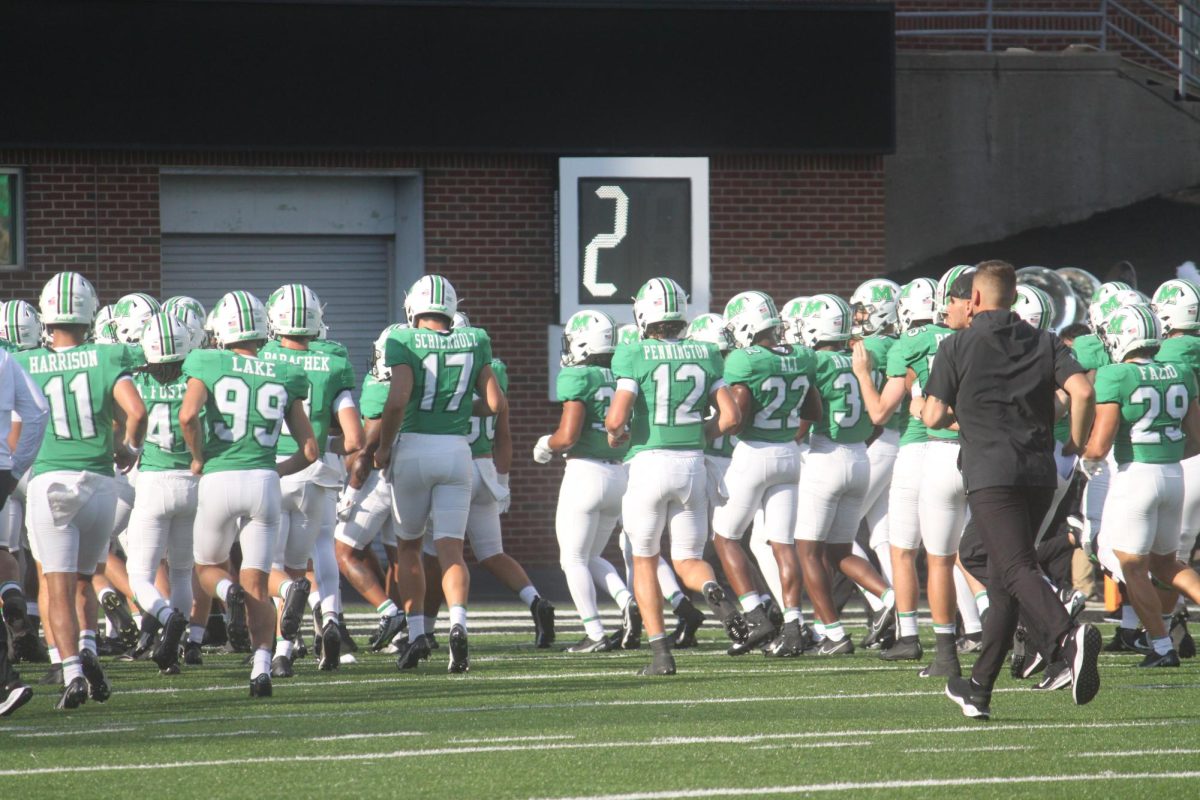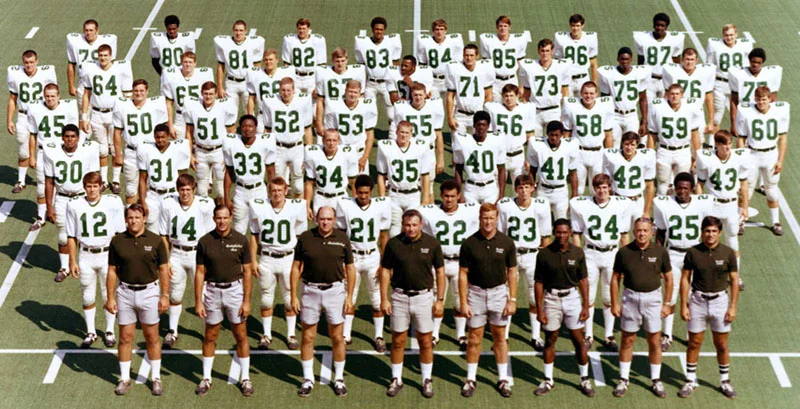Ancestral politics provides a new learning perspective instead of a limiting net, according to the most recent speaker of the Amicus Curiae lecture, speaking on the influences of having particularly influential relatives.
“I think one of the things that I’ve been able to do is sort of view them as objects to study rather than shadows hanging over me,” said the speaker Kermit Roosevelt III, professor, author and great-great-grandson of former president Theodore Roosevelt.
Roosevelt is the David Berger Professor for the Administration of Justice at the University of Pennsylvania Carey Law School. He previously served as a clerk for Supreme Court Justice David Souter. In addition to teaching, Roosevelt is also an author and columnist, featured in publications such as The New York Times, TIME Magazine and The Washington Times.
His newest book, “The Nation That Never Was: Reconstructing America’s Story”, was the topic of discussion at Marshall’s Amicus Curiae Lecture Series on Tuesday, Sept. 12.
The series, which takes place at the Brad D. Smith Foundation Hall, is sponsored by the Simon Perry Center for Constitutional Democracy and the West Virginia Humanities Council. Roosevelt’s lecture was the first of four that will occur throughout the academic year.
In his lecture, Roosevelt explored the United States Constitution and Declaration of Independence through the lens of America’s fundamental values. He argued that the values we hold dear in fact did not derive from our founding fathers but from abolitionists and later political figures in our country’s history.
Roosevelt specifically discussed the role of slavery in American history, explaining how leaders like Abraham Lincoln and other abolitionists brought upon the 13th Amendment—which abolished slavery—to the United States Constitution, not our founding fathers.
“American history is not a story of continuity,” he said on the subject. “It’s a story of failure and reinvention.”
He identified what he called the “standard story” of America as the commonly taught history lessons in a public high school. Roosevelt pointed out the existence of a “better story,” which would include the forgotten efforts of the later abolitionists and bury the content from our founding fathers.
“This is a better story. I think it’s more honest. I think it’s more inspiring. I think it’s more inclusive,” he said. “If we accept it—if we can start thinking about reconstruction as the real birth of our America—we will be a better nation.”
These themes in particular captured the interest of political science students Alissa Davis and Breanna Ginley, who both attended the lecture.
“It was awesome to hear a really fleshed out argument towards that, especially pertaining to the abolitionist movements,” Ginley said.
“It was refreshing to hear a different interpretation of the Declaration of Independence and the Reconstruction Era as opposed to what was taught in my early education,” Davis said.
Another student in attendance, Genna Martin, said that Roosevelt represented the younger generation in his lecture.
“He addressed a lot of the concerns that younger people feel about the government and the story that’s told about it and how the founding fathers maybe weren’t that great,” she said.























